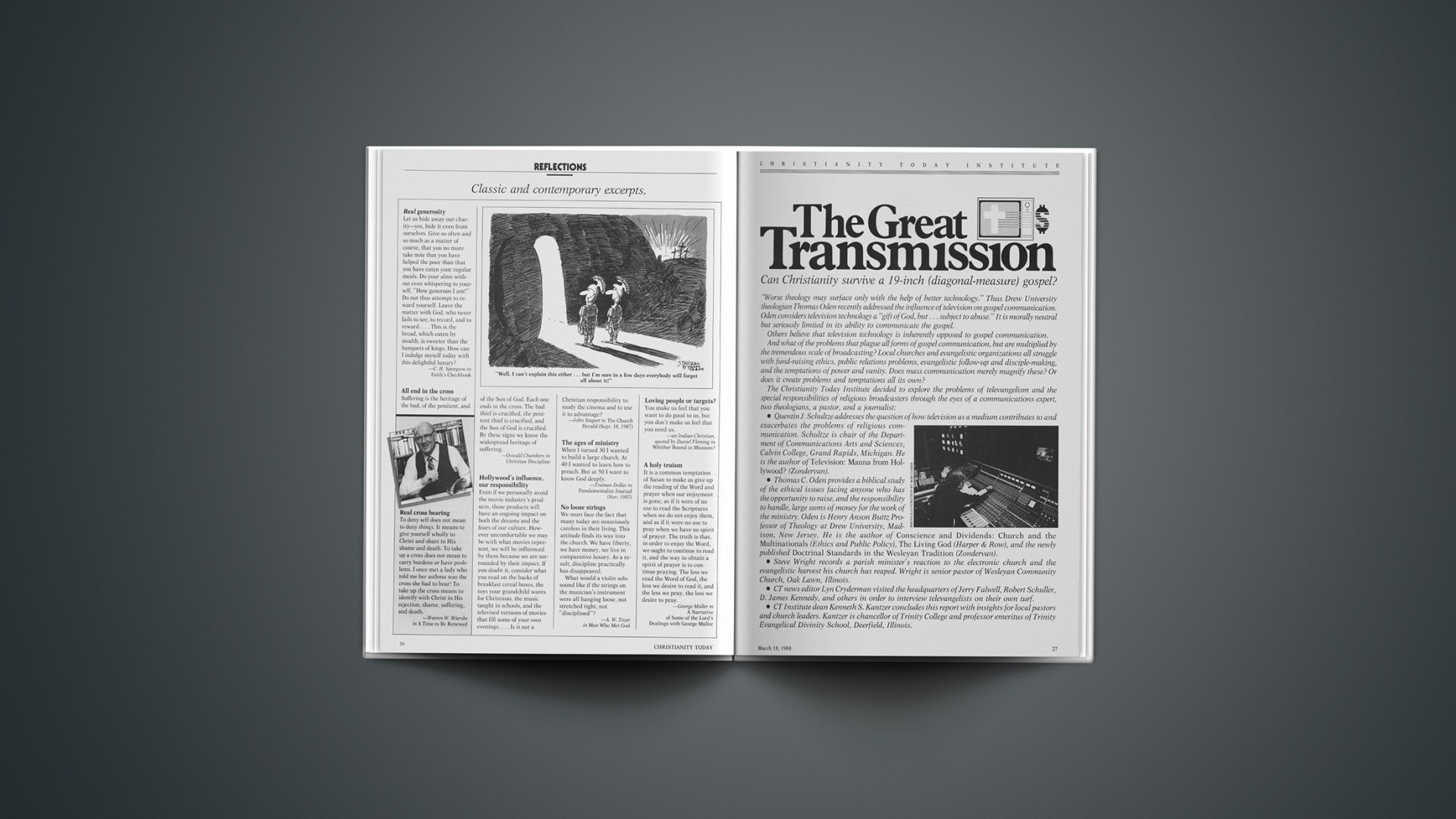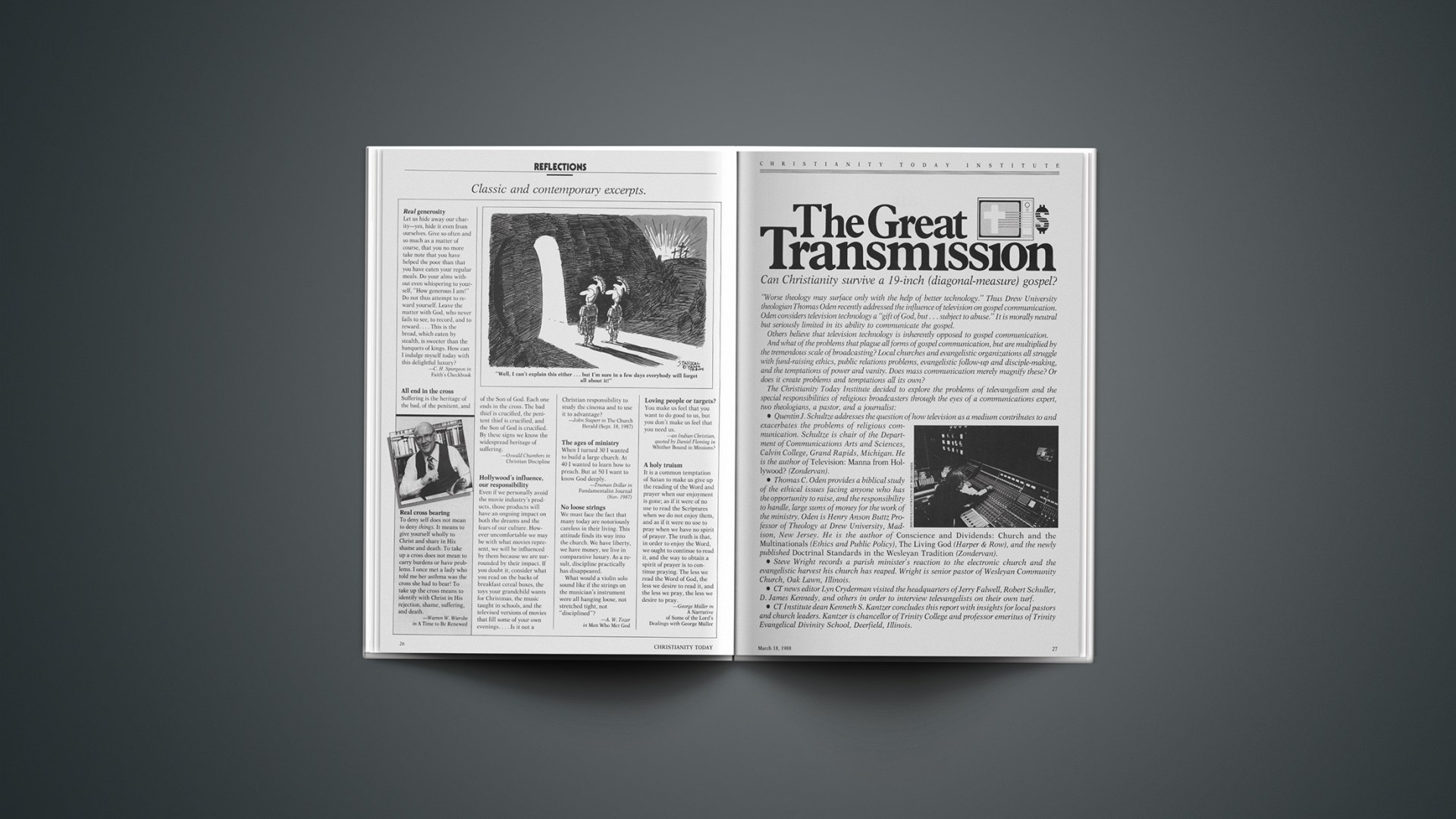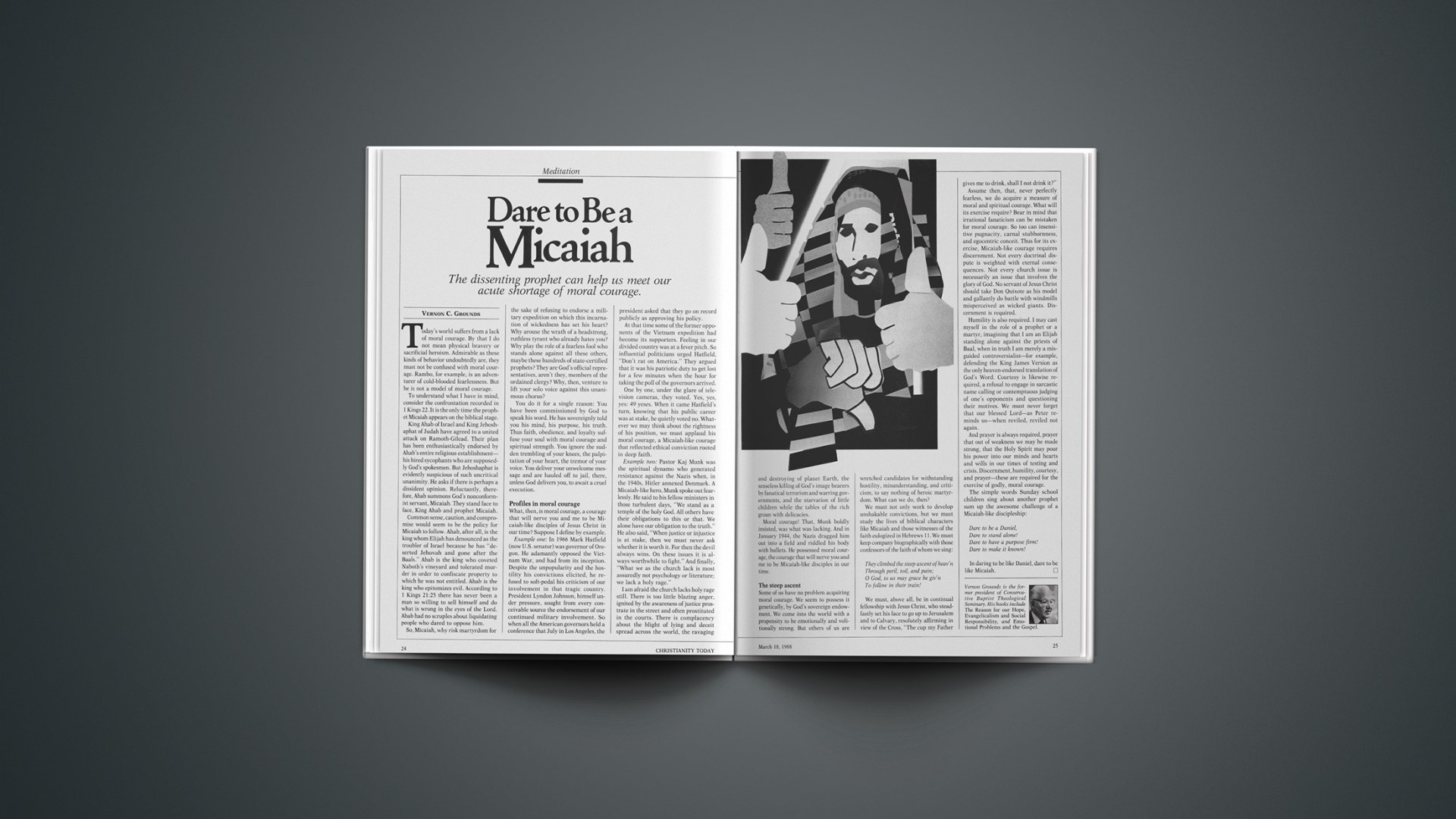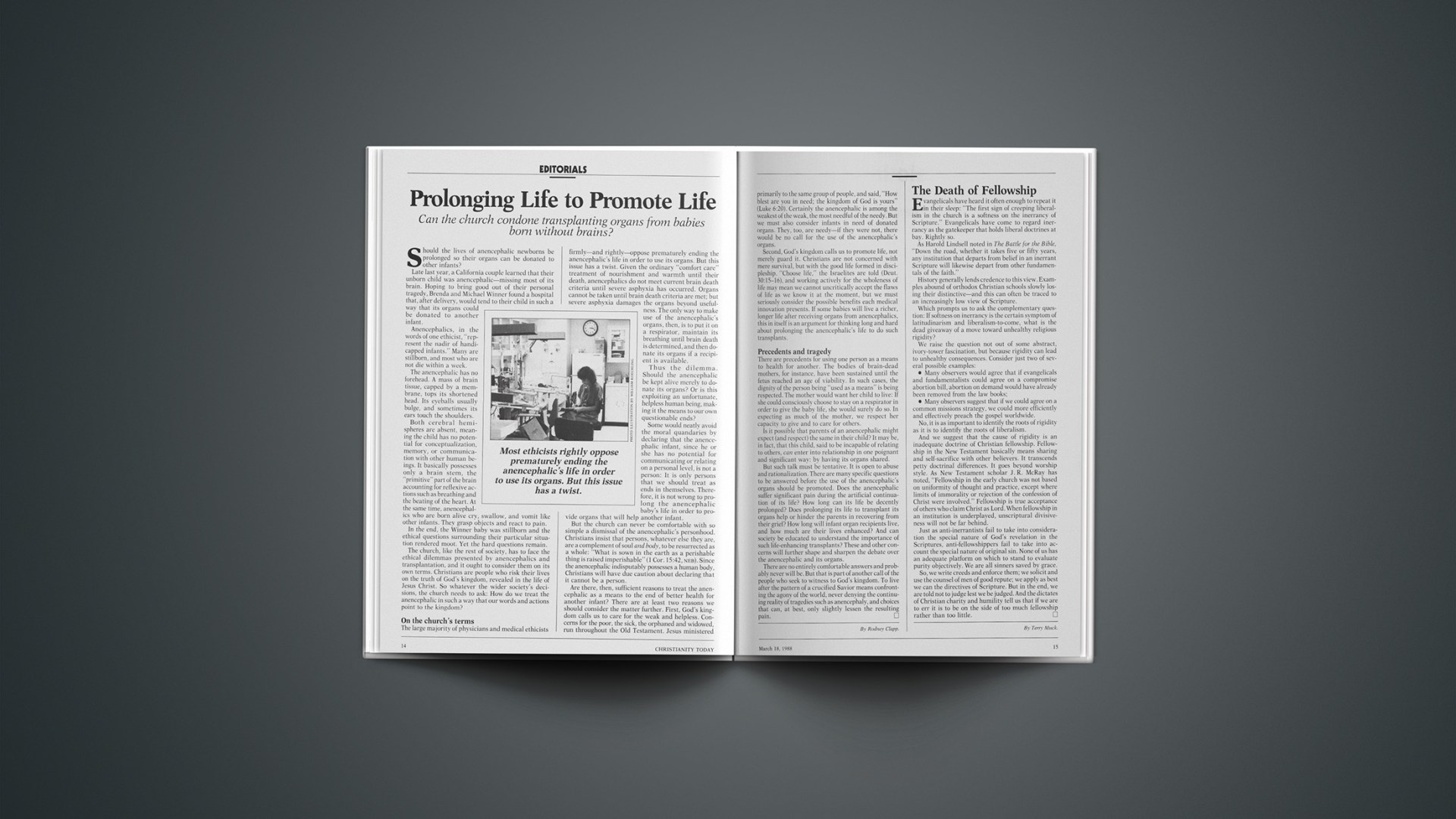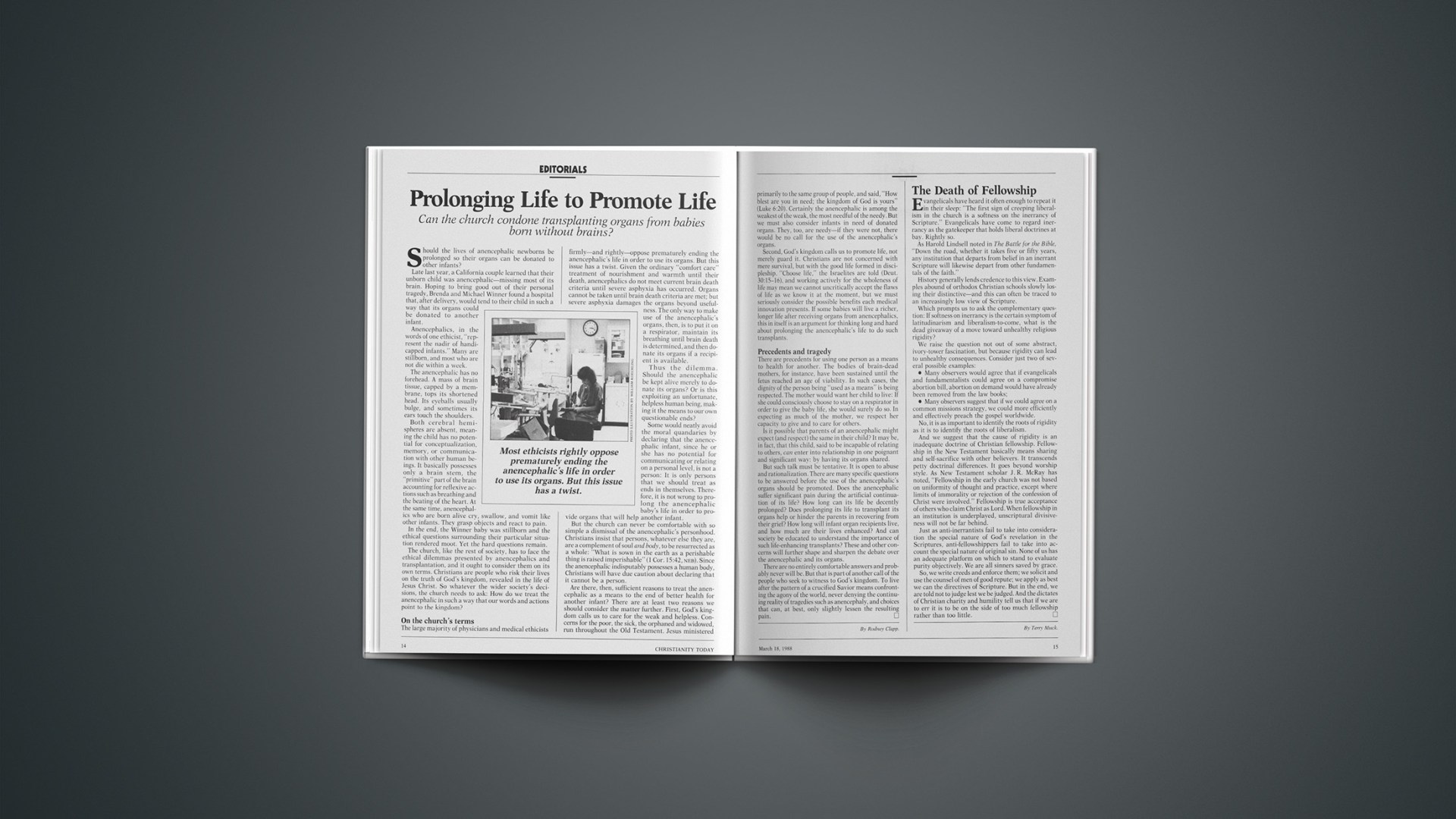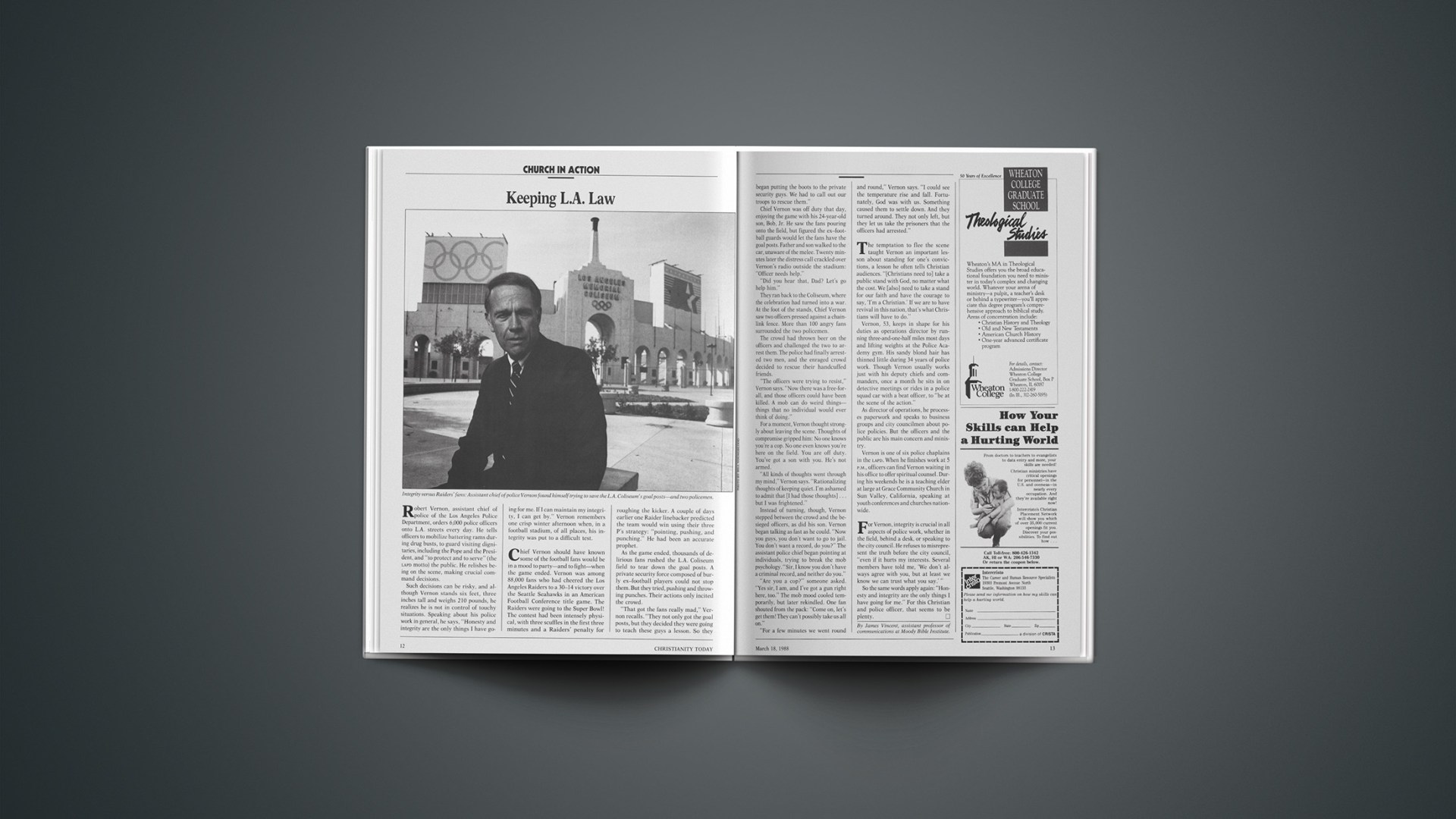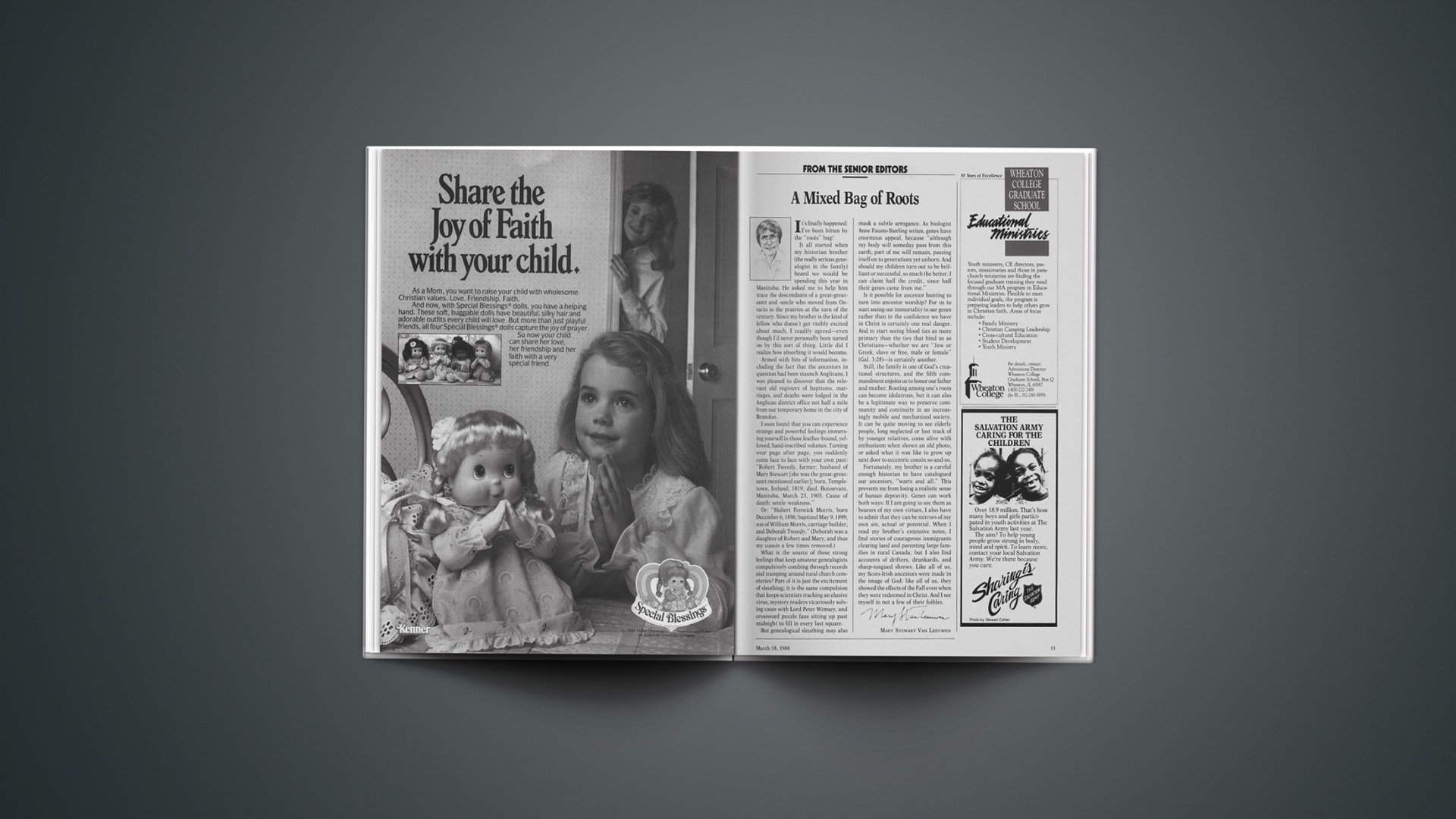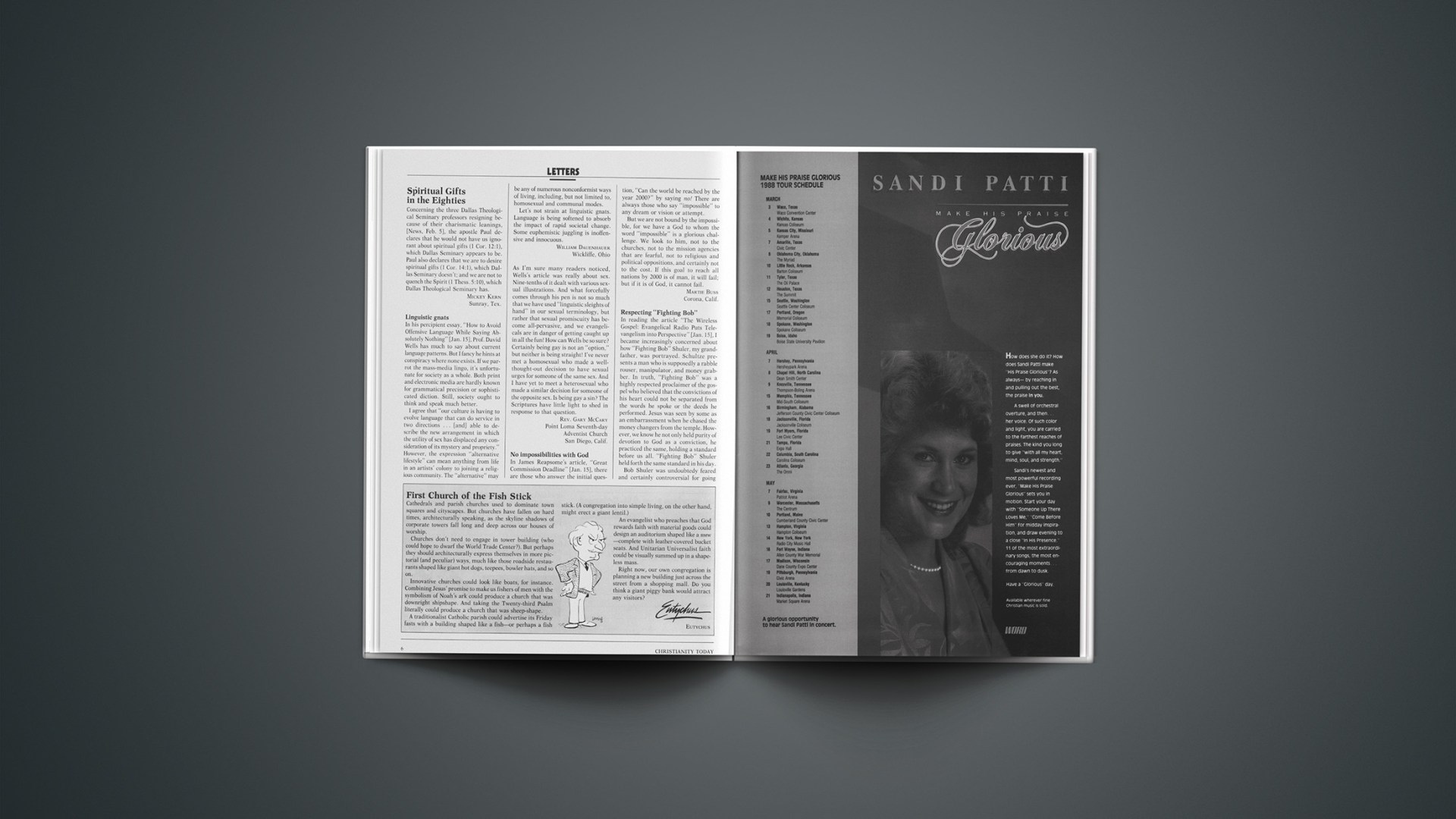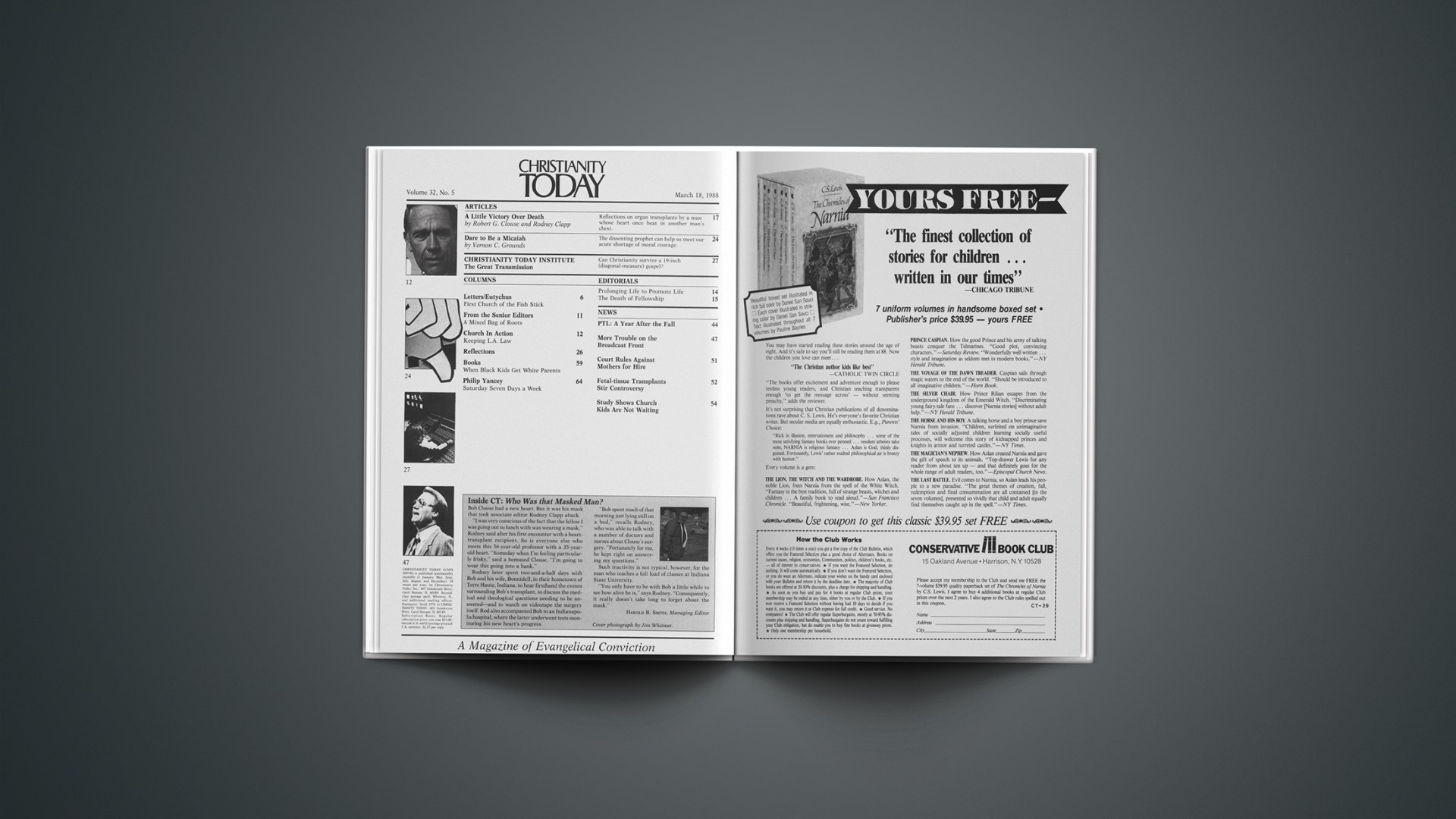Can Christianity survive a 19-inch (diagonal-measure) gospel?
“Worse theology may surface only with the help of better technology.” Thus Drew University theologian Thomas Oden recently addressed the influence of television on gospel communication. Oden considers television technology a “gift of God, but … subject to abuse.” It is morally neutral but seriously limited in its ability to communicate the gospel.
Others believe that television technology is inherently opposed to gospel communication.
And what of the problems that plague all forms of gospel communication, but are multiplied by the tremendous scale of broadcasting? Local churches and evangelistic organizations all struggle with fund-raising ethics, public relations problems, evangelistic follow-up and disciple-making, and the temptations of power and vanity. Does mass communication merely magnify these? Or does it create problems and temptations all its own?
The Christianity Today Institute decided to explore the problems of televangelism and the special responsibilities of religious broadcasters through the eyes of a communications expert, two theologians, a pastor, and a journalist:
- Quentin J. Schultze addresses the question of how television as a medium contributes to and exacerbates the problems of religious communication. Schultze is chair of the Department of Communications Arts and Sciences, Calvin College, Grand Rapids, Michigan. He is the author of Television: Manna from Hollywood? (Zondervan).
- Thomas C. Oden provides a biblical study of the ethical issues facing anyone who has the opportunity to raise, and the responsibility to handle, large sums of money for the work of the ministry. Oden is Henry Anson Buttz Proffessor of Theology at Drew University, Madison, New Jersey. He is the author of Conscience and Dividends: Church and the Multinationals (Ethics and Public Policy), The Living God (Harper & Row), and the newly published Doctrinal Standards in the Wesleyan Tradition (Zondervan).
- Steve Wright records a parish minister’s reaction to the electronic church and the evangelistic harvest his church has reaped. Wright is senior pastor of Wesleyan Community Church, Oak Lawn, Illinois.
- CT news editor Lyn Cryderman visited the headquarters of Jerry Falwell, Robert Schuller, D. James Kennedy, and others in order to interview televangelists on their own turf.
- CT Institute dean Kenneth S. Kantzer concludes this report with insights for local pastors and church leaders. Kantzer is chancellor of Trinity College and professor emeritus of Trinity Evangelical Divinity School, Deerfield, Illinois.
Must TV distort the gospel?

